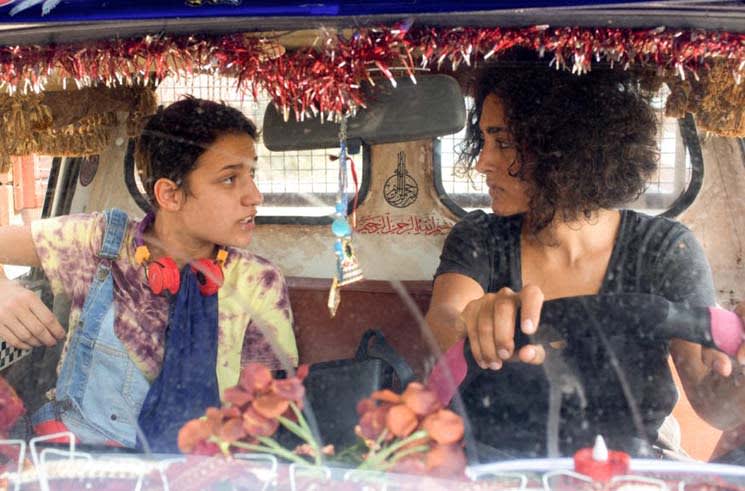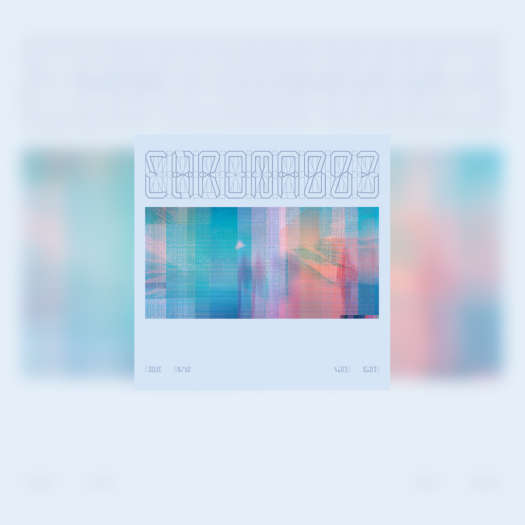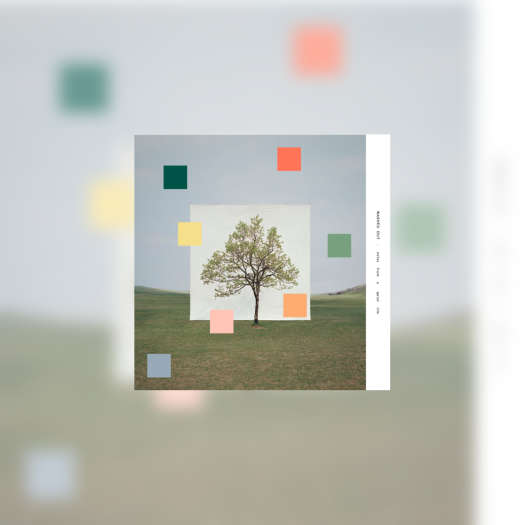Manèle Labidi Labbé's feature debut, Arab Blues, is a window into the cinematic history of Tunisia, and successfully captures a country during changing times. Arab Blues takes place in Tunisia's vivacious capital city, Tunis, in the midst of dealing with major changes culturally, economically and socially.
Labbé states in the film's press release that one thing that inspired her to make the film was the Tunisian population's psyche, post-revolution. "The abrupt fall of the dictatorship had plunged the country into chaos and incertitude, provoking anxiety and depression in some people. The months following the revolution reminded me of the first months of psychotherapy" — psychotherapy being the film's protagonist's career of choice.
Selma (Golshifteh Farahani) is a 21st century woman living in a country whose culture is often still seen as backwards. She's had a taste of freedom while studying psychotherapy in France, but returns to Tunis to the reception of an immigrant; she's an outsider in her own home.
A lot of the film's central conflict comes from her neighbours' reception to her career. She wants to start her own psychotherapy clinic, but they are, at first, unable or unwilling to understand her practice. But as the film goes on, her clinic thrives, as the rest of the film's colourful cast of characters begin to see value in what she is selling.
Arab Blues is a comedy, and Selma's interactions with her patients are where most of the humour lies. Her patients come to her with problems that are often so over-the-top, you can't help but see humour in them, but the narrative also provides a balance of severity to highlight issues that are common and of importance. Farahani proves a hand at physical comedy as well, and proves she is an ingeniously fluid performer, as she portrays Selma's struggles with her identity throughout.
Selma's way of living is unconventional. She has been able to live without being forced into marriage and without feeling guilty for not having children. She likes her solitude and she isn't apologetic about it. She's an incredibly interesting and well-written character that brings out some complex culture clashes. And through her work in other films such as Paterson and Girls of the Sun, Farahani is a talent not to be overlooked.
Labbé's biggest achievement as both writer and director is creating a narrative that doesn't fall into traditional Hollywood trappings. It easily could have turned that way in someone else's hands, but Selma and her relationships with certain male characters don't turn out the way the audience traditionally expects. Instead, it makes fun of those rom-com tropes by reflecting on them, while at the same time, refusing to adhere to them. Arab Blues is a refreshing and entertaining comedy that illustrates how integral humour is in Tunisian culture.
(Kazak Productions)Labbé states in the film's press release that one thing that inspired her to make the film was the Tunisian population's psyche, post-revolution. "The abrupt fall of the dictatorship had plunged the country into chaos and incertitude, provoking anxiety and depression in some people. The months following the revolution reminded me of the first months of psychotherapy" — psychotherapy being the film's protagonist's career of choice.
Selma (Golshifteh Farahani) is a 21st century woman living in a country whose culture is often still seen as backwards. She's had a taste of freedom while studying psychotherapy in France, but returns to Tunis to the reception of an immigrant; she's an outsider in her own home.
A lot of the film's central conflict comes from her neighbours' reception to her career. She wants to start her own psychotherapy clinic, but they are, at first, unable or unwilling to understand her practice. But as the film goes on, her clinic thrives, as the rest of the film's colourful cast of characters begin to see value in what she is selling.
Arab Blues is a comedy, and Selma's interactions with her patients are where most of the humour lies. Her patients come to her with problems that are often so over-the-top, you can't help but see humour in them, but the narrative also provides a balance of severity to highlight issues that are common and of importance. Farahani proves a hand at physical comedy as well, and proves she is an ingeniously fluid performer, as she portrays Selma's struggles with her identity throughout.
Selma's way of living is unconventional. She has been able to live without being forced into marriage and without feeling guilty for not having children. She likes her solitude and she isn't apologetic about it. She's an incredibly interesting and well-written character that brings out some complex culture clashes. And through her work in other films such as Paterson and Girls of the Sun, Farahani is a talent not to be overlooked.
Labbé's biggest achievement as both writer and director is creating a narrative that doesn't fall into traditional Hollywood trappings. It easily could have turned that way in someone else's hands, but Selma and her relationships with certain male characters don't turn out the way the audience traditionally expects. Instead, it makes fun of those rom-com tropes by reflecting on them, while at the same time, refusing to adhere to them. Arab Blues is a refreshing and entertaining comedy that illustrates how integral humour is in Tunisian culture.




